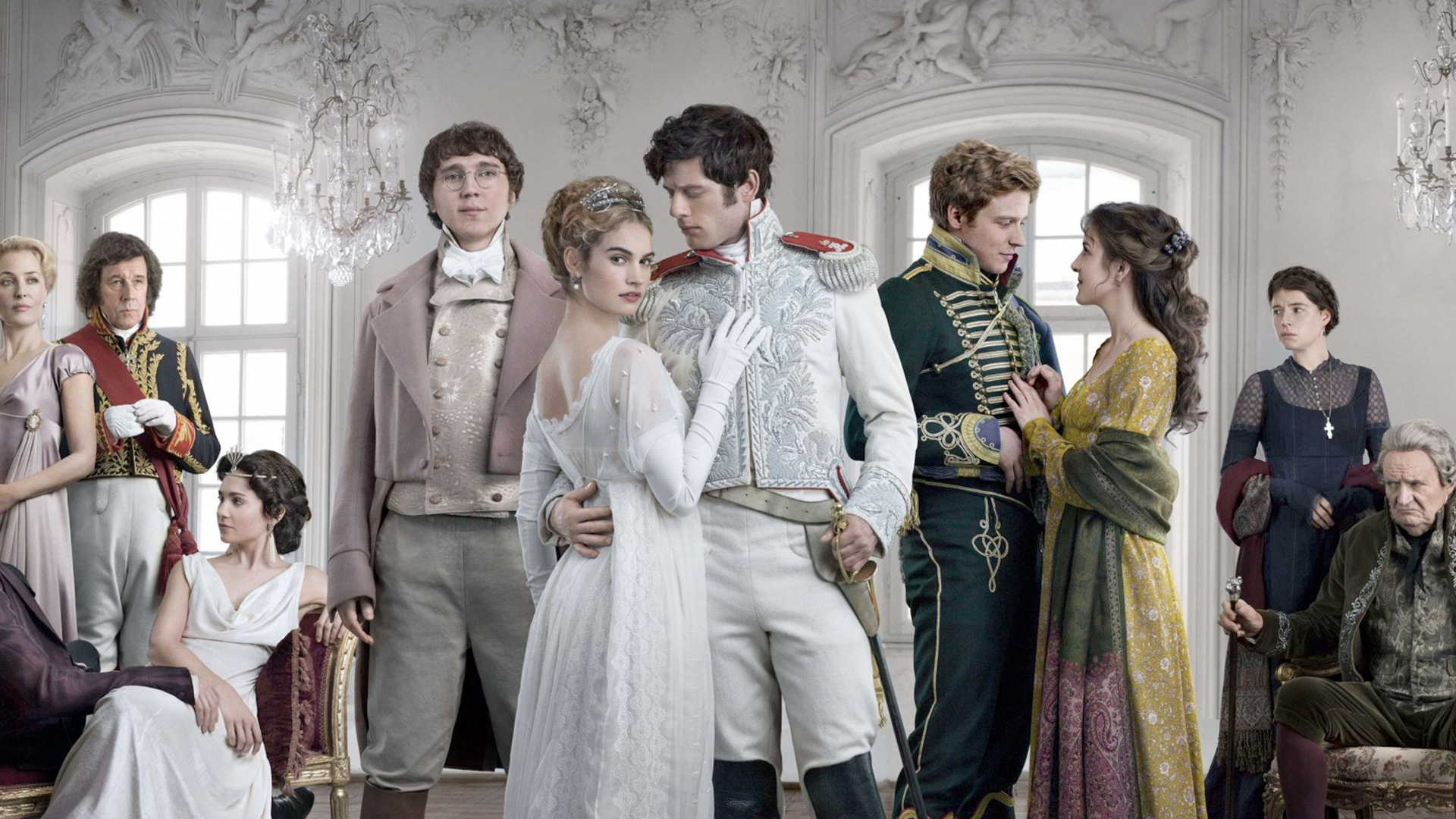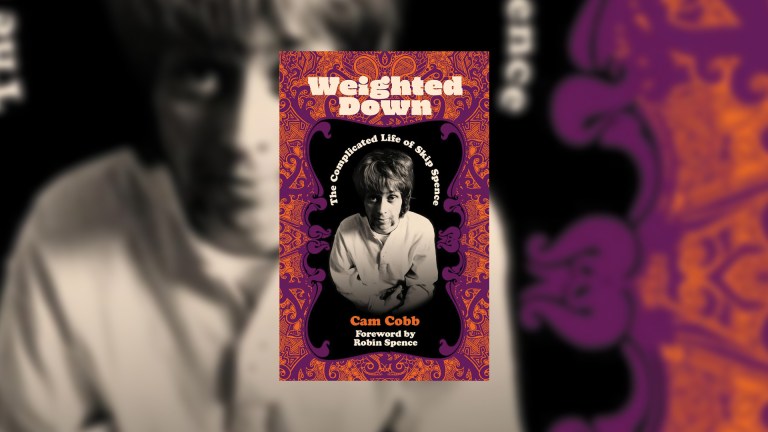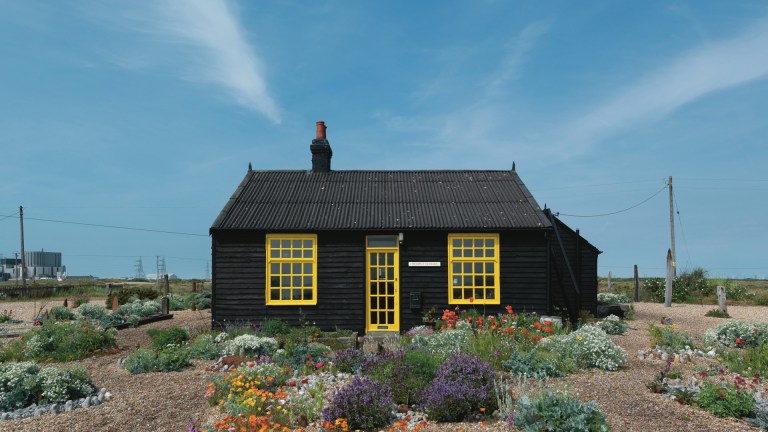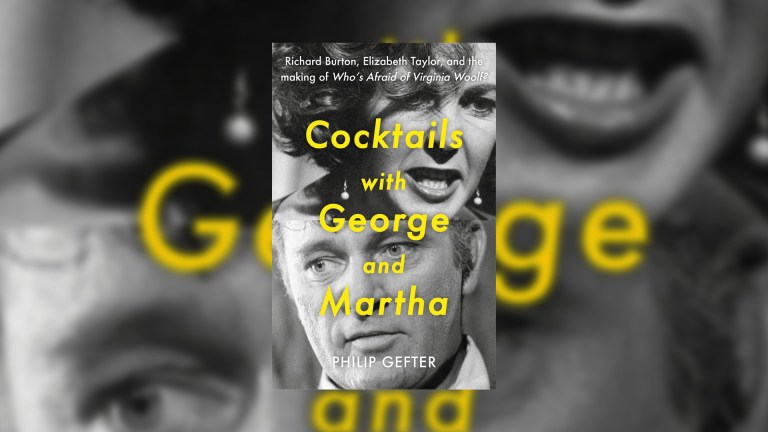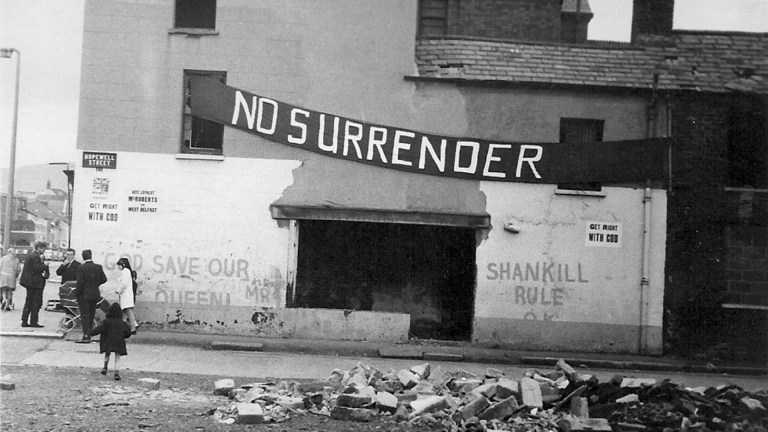Over the last three decades, if a TV programme has contained cummerbunds or corsets, petticoats or pantaloons and is based on a book, chances are Andrew Davies is behind it. His list of credits covers the crème de la crème of English literature: Middlemarch, Pride and Prejudice, Moll Flanders, Vanity Fair, Tipping the Velvet, Bleak House. Does he read the literary classics so you don’t have to?
“No,” Davies corrects. The 79-year-old former English teacher believes that far from dumbing us down, it encourages people to rediscover the novels. “I hope people will enjoy the dramatisation so much that they will go and read the book. I hope they feel emboldened to read it. Certainly the sales of the books go up hugely when they’ve been on TV and I’m very pleased about that.”
Today, Tolstoy is hovering in the top 20 bestsellers after Davies’ triumphant adaptation of War and Peace brought Pierre, Natasha, Prince Andrei and a battalion of other characters into our living rooms, and made their lives, loves and losses seem immediate and vitally up to date.
“Judging by our recent sales of War and Peace, an awful lot of people have finally crossed the classic off their must-read list,” says Joseph Knobbs, book buyer at Waterstones. “In our experience, successful book adaptations for TV and cinema often lead to a renewed interest in the original book. Four different editions of War and Peace have hit our bestseller list.”
This trend began after Davies’ first successful literary adaptation of Middlemarch in 1994. Following the show, the novel topped the bestseller list for five weeks. The universally adored Pride and Prejudice was an even bigger hit the next year and it is no coincidence that membership of the Jane Austen Society of North America had jumped up 50 per cent by 1997.
Sex and money have always been huge motivating forces both in real life and almost any novel or play you come across
However, Pride and Prejudice’s popularity might equally be down to Colin Firth in a wet shirt. The iconic scene of Mr Darcy emerging from a lake was not in the original novel. Since then, through the bawdy Moll Flanders to incestuous relationships pushed to the fore in War and Peace, Davies has been accused of ‘sexing up’ his source material.
